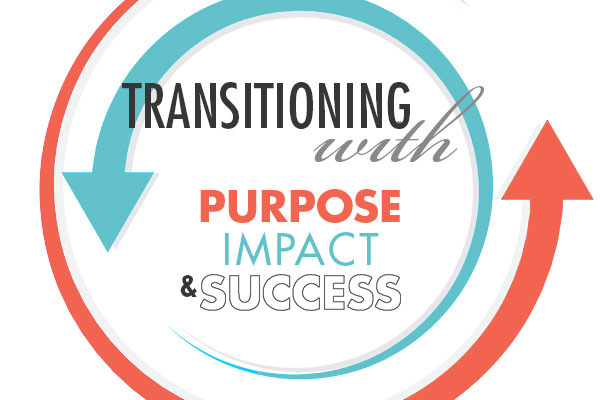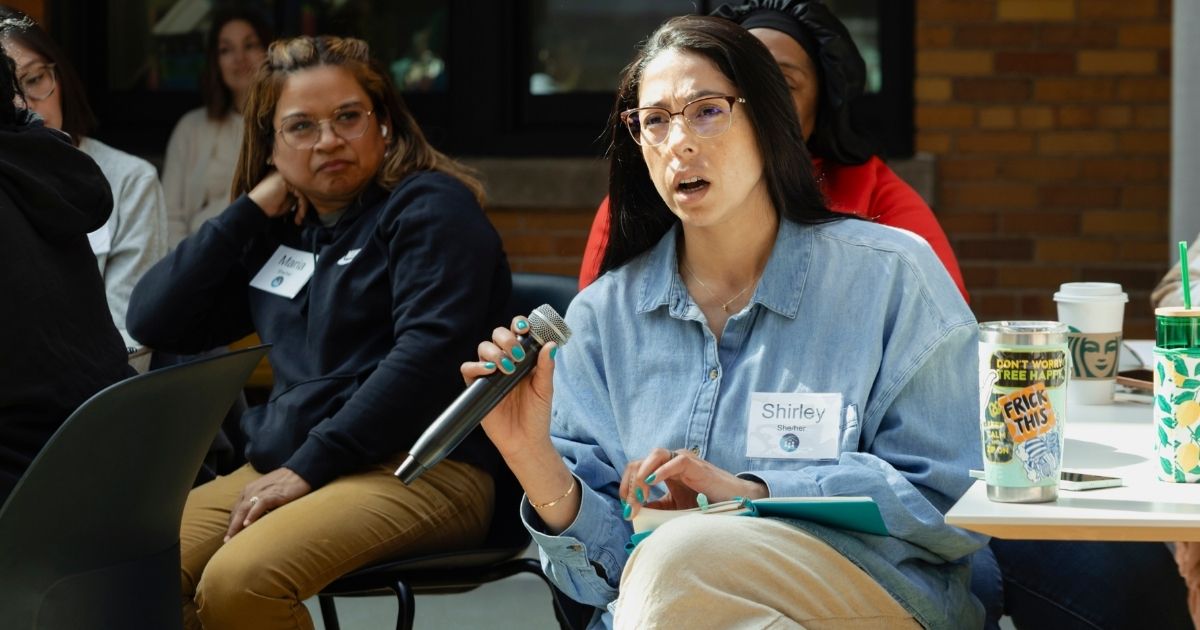Get from where you are to where you want to be.
Are you thinking about a new career—one that’s personally meaningful and fulfilling, that aligns with your passions? One where you can shine, use your strengths and talents, or climb the ladder? You may need a career coach.
Coaching is for those who:
- Are unemployed and looking to land their next job quickly and effectively.
- Desire a different career path, but aren’t sure what that is.
- Want to excel and move up the ladder in their present position, company, or industry.
- Need assistance with résumé and LinkedIn profile use and development.
- Want to practice their interviewing skills.
- Need training in job search strategies, tools, and trends.
There are natural times when coaching is most valuable, such as before and during college years, when making critical decisions. Rarely do women fully understand all career options and possibilities available to them. Later, when women are mid-career and at a place in their lives where they’re re-evaluating themselves, life and work become less about money and power, and more about significance and impact. As they’ve grown through experience over the years, so too do their life and career aspirations.
An ideal coach should, at minimum:
- Hold coaching credentials or certifications.
- Abide by the Code of Ethics set forth by the International Coach Federation.
- Possess expertise and experience working with a variety of individuals in a variety of situations.
- Have testimonials with real names, so a potential client can establish credibility and trust.
- Be a good match with the potential client, in terms of personality and values.
- Be encouraging and supportive, yet challenging and empowering.
When coach and client agree to work together, what does the partnership look like? Establishing logistics, such as where, when, and how often coaching will take place, is the first step. Of special consideration is the time it takes to identify a career path, develop goals and strategies, and move forward; several months is typical. (Were it fast and easy, the client wouldn’t need a coach to begin with.)
Once an agreement is in place and expectations and roles are clear, a comprehensive online career assessment may be used. The results offer insight into the client, and her desires and options. Developing a career action plan is the next step, and throughout the following sessions, the career assessment and plan guide the exploration process.
Together, coach and client will explore her life’s mission and vision, values, priorities, knowledge, experience, skills, talents, and education, and how they relate to her goals. Coaching sessions generally end with action steps and accountability to further her progress.
Research shows coaching works. By offering clients collaboration, support, encouragement, insight, feedback, and accountability, a coach helps them:
- Gain confidence, clarity, focus, and direction.
- Better understand themselves and what they want.
- Increase effectiveness in networking, interviewing, and job search strategies.
- Expand, explore, and narrow down opportunities.
- Assess the obstacles that stand in their way.
- Overcome work-related stress.
- Move up the career ladder.
- Unlock their potential.
Mark Twain said, “Twenty years from now you will be more disappointed by the things that you didn't do than by the ones you did do. So throw off the bowlines. Sail away from the safe harbor. Catch the trade winds in your sails. Explore. Dream. Discover.” Sounds like coach-speak to me.
Written by: Click here to see the original version of this article by Kimberly Gleason.




